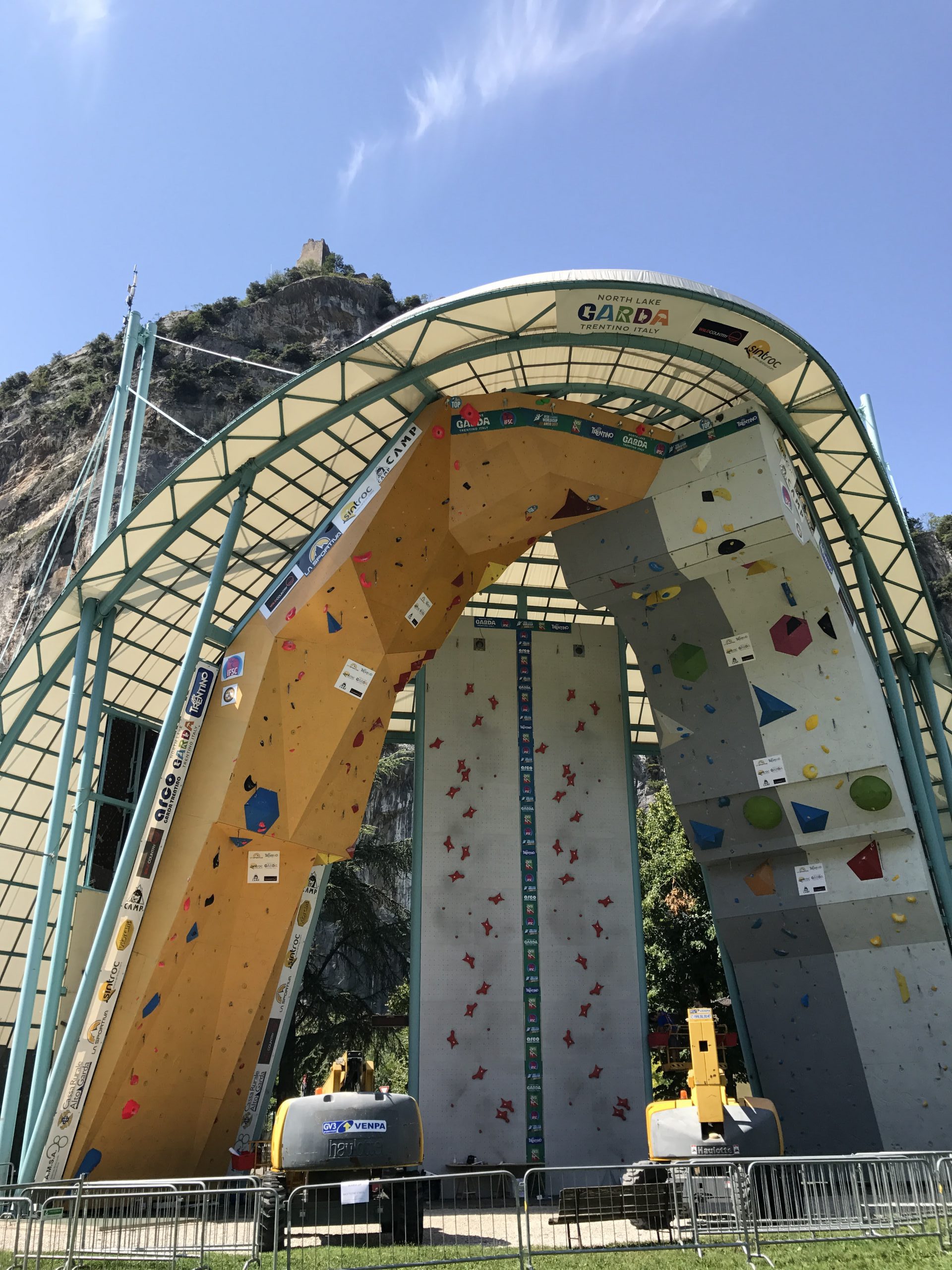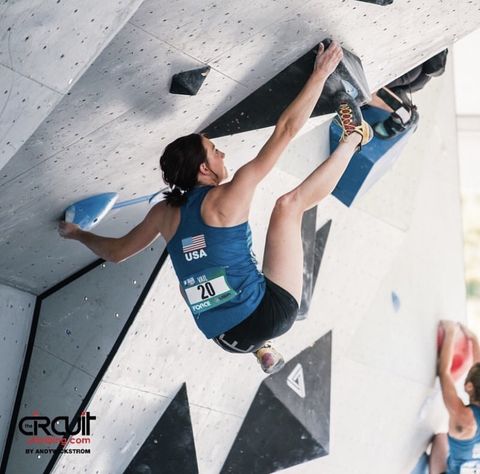
Rock climbing is a sport that demands not just strength and agility but also a high level of cardiovascular fitness. While the primary focus for many rock climbers often rests on building finger strength, improving technique, and enhancing upper body power, the role of cardiovascular training is sometimes underestimated.
I competed at the national and world cup level in all three disciplines —speed, sport, and bouldering — for over a decade. It wasn’t until I studied Health & Exercise Science at Colorado State University and started incorporating regular cardio into my climbing training that I found a new level of performance and recovery.
If you’re taking your climbing seriously, you can’t afford to miss these 4 evidence-based reasons every rock climber should be doing cardio…
-
Enhanced Endurance and Stamina
One of the most significant benefits of cardiovascular training for rock climbers is improved endurance. Climbing routes, especially those at a competitive level, can be incredibly demanding and require sustained physical effort. Cardiovascular fitness helps delay the onset of muscle fatigue, allowing climbers to maintain performance over longer periods.
A study published in the Journal of Strength and Conditioning Research found that climbers with higher levels of aerobic fitness could sustain longer climbing sessions. This is because they experienced less fatigue than their less aerobically fit counterparts . This endurance is crucial during extended climbs, multi-pitch routes, or demanding competitions where rest opportunities are minimal.

-
Efficient Recovery
Cardiovascular training also aids in faster recovery between climbs or during rest periods within a climb. Improved aerobic capacity enhances the body’s ability to deliver oxygen to muscles and clear metabolic byproducts like lactic acid more effectively.
Research has shown that high-intensity interval training (HIIT), a popular form of cardiovascular exercise, can significantly improve the rate of lactate clearance from the bloodstream. This reduces muscle soreness and speeds up recovery times. It also means climbers can perform multiple climbs with shorter rest periods, mirroring the exact demands of a bouldering competition.

-
Improved Mental Focus and Stress Reduction
Competitive rock climbing is as much a mental challenge as it is a physical one. Cardiovascular training has been shown to improve mental focus, reduce anxiety, and enhance overall mood, all of which are beneficial for climbers facing the intense pressures of competition.
A study published in Frontiers in Psychology found that regular aerobic exercise positively impacts cognitive function and reduces stress levels. This mental clarity and reduced stress can translate to better decision-making and problem-solving abilities on the wall. This is critical for complex climbing routes and pressured competitions.

-
Cardiovascular Health
Lastly, the overall cardiovascular health benefits cannot be overlooked. Cardiovascular training strengthens the heart and improves the efficiency of the cardiovascular system, reducing the risk of heart disease and other related conditions. Moreover, a strong heart ensures that climbers have the stamina and health to pursue their sport at high levels without undue risk.
According to a study in the American Journal of Cardiology, regular cardiovascular exercise is associated with significant improvements in heart health, including lower blood pressure, improved cholesterol levels, and reduced risk of heart disease . For competitive climbers, maintaining robust cardiovascular health ensures they can train harder and longer, with reduced risk of cardiac issues.
Conclusion
Incorporating cardiovascular training into a rock climber’s routine offers numerous benefits. These benefits extend beyond just physical endurance and weight management.
From enhanced stamina and faster recovery to improved mental focus and overall cardiovascular health, the advantages are clear. Therefore, for competitive rock climbers aiming to perform at their best, neglecting cardiovascular fitness would be a significant oversight.
By integrating regular cardio sessions into your training regimen, rock climbers can therefore achieve well-rounded fitness that supports all aspects of the sport.

USA Climbing National Team Member and World Cup Semi-finalist
- Arco, Italy (Sport, 2017)
- Edinburgh, Scotland (Sport, 2017)
- Vail, Colorado, USA (Bouldering, 2010, 2012, 2013, 2017)
- Imst, Austria (Sport & Speed, 2008)
- Sydney, Australia (Sport & Speed, 2006)
—
References
- *Journal of Strength and Conditioning Research*: “Aerobic Capacity and Climbing Performance in Elite Climbers.” 2016
- *Journal of Applied Physiology*: “Effects of High-Intensity Interval Training on Lactate Clearance.” 2014
- *Frontiers in Psychology*: “Cognitive Benefits of Aerobic Exercise: A Meta-Analysis.” 2019
- *American Journal of Cardiology*: “Cardiovascular Benefits of Regular Aerobic Exercise.” 2020



